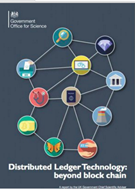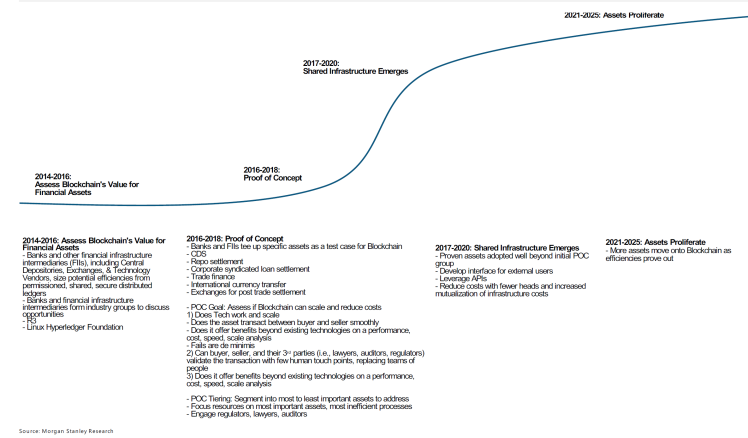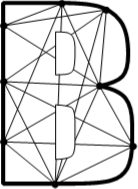In banking and finance, only 4% of professionals consider themselves familiar with blockchain technology. However, 56% of them recognize its growing importance. (PwC: How Fintech is Reshaping Financial Services)
This summer reading list is intended to familiarize newcomers with blockchain technology, and help everybody catch up as blockchain is poised to go commercial.

The Introductory Books
Blockchain Revolution: How the Technology Behind Bitcoin is Changing Money, Business, and the World by Don & Alex Tapscott
Digital Gold: Bitcoin and the Inside Story of the Misfits and Millionaires Trying to Reinvent Money by Nathaniel Popper
Both these books provide a historical view of how we got here: focusing in large part on when and how Bitcoin began and why it was such a monumental occurrence in the timeline of global finance. Nathaniel Popper works as a reporter for the New York Times, and in this book he tells the story on the shadowy past of bitcoin as a currency. The Tapscott duo focus more on the technology, seeking to discover how the cumulative innovations of the last few decades predict those that will follow.
The Must Read
The Business Blockchain: Promise, Practice, and Application of the Next Internet Technology by William Mougayar
If your summer only affords enough time to read one book on this technology, then this is the one. Popper and the Tapscotts’ books function as textbooks for a class in Blockchain 101, but Mougayar has penned the text for more advanced readers looking for a deepdive into how blockchains will be used in business. The author spends less time on the history and the earliest functions of the technology and digs deeper into the potential that blockchain has to literally remake the financial world.
The Wider View
Augmented: Life in the Smart Lane by Brett King
Whether you call it the Fourth Industrial Revolution, or as branchless bank pioneer and popular podcast host Brett King calls it, the “augmented age,” there is little doubt that the world is undergoing rapid change as robotics, automation, and the rise of connected devices re-order the daily processes of life on Earth. King projects the ultimate expression of these technologies in his vision of the “smart city.”
ValueWeb by Chris Skinner
Chris Skinner gives persuasive arguments on how the combined technologies of mobile connectivity and distributed ledgers could prove a massive disruption for the global payments industry, and how it will benefit billions of citizens the world over. Skinner is fond of drawing the long lines, and in this book he starts by giving a brief history of money going back to our first ancestors, and follows the evolution of money throughout the ages.
Well Written Reports
If you don’t have time for a book and you want to focus on specific business cases for blockchain tech, I would also recommend a few reports on that can help  bring you up to speed.
bring you up to speed.
The UK government of Science published a comprehensive 88 page report earlier this year titled: Distributed Ledger Technology: beyond blockchain. Here they explore the technology, and provide several use-cases and recommendations on how the technology can be used by government services. A must-read if you want to explore usage of blockchain tech outside of finance.
In the 2015 McKinsey annual global payments report , blockchain is discussed as a possible solution for cross-border payments that are slow, expensive and uncertain. These pain points are an opportunity, and McKinsey pinpoints where the system can be more efficient, positing that digitization and blockchain tech in retail banking have important implications for transaction bankers.
Earlier this year, Morgan Stanley Global Insights specified the potential benefits of cooperation between established players and technology providers like Ripple to optimize several business processes within the bank. Their in-depth study identify 10 different hurdles that blockchain technology must overcome, and they propose a general timeline for blockchain adoption towards 2025, which looks like this:

